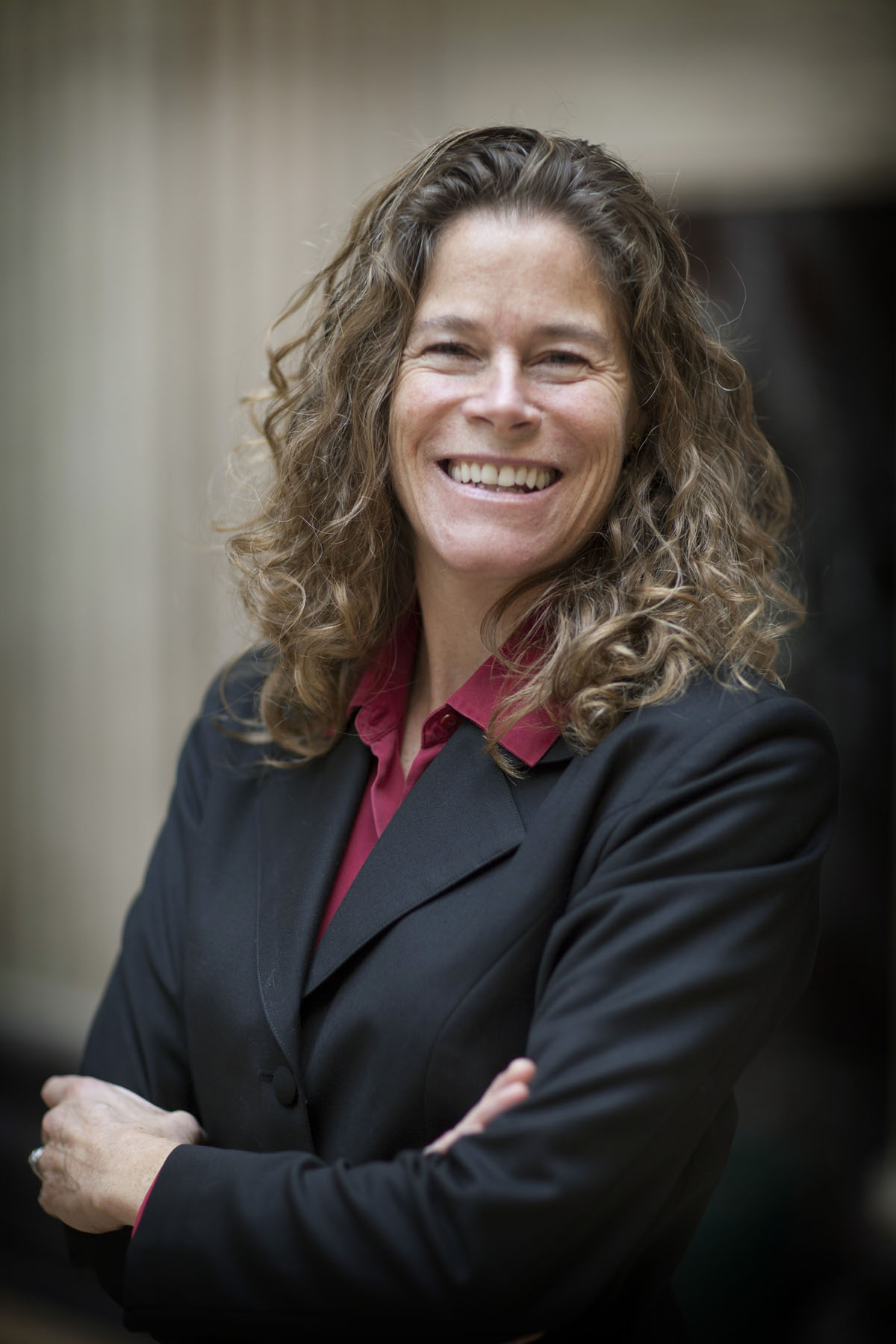An estimated 15 percent of global greenhouse gas emissions come from deforestation, forest degradation and land-use change, according to a 2010 assessment by the United States Agency for International Development. More than half of that is generated from eight countries in Asia, and the top three – Indonesia, Malaysia and Burma – account for nearly 45 percent of the global total.
USAID and other government agencies, including the U.S. Forest Service, are working with universities in the U.S. and in Asia, particularly in southeast Asia, to reduce greenhouse gas emissions by avoiding deforestation and improving land management practices. One such improvement suggests culling from forests that already are compromised rather than destroying nearly pristine forests that are capable of sequestering huge volumes of atmospheric carbon dioxide, a major greenhouse gas. Forests in the region often are destroyed to make room for industrial agriculture, paper and timber plantations to accommodate rapidly growing populations.
At the University of Virginia, Deborah Lawrence, a professor of environmental sciences in the College of Arts & Sciences is a leading member of that effort. She is working with a program called LEAF – Lowering Emissions in Asia’s Forests – that is funded by USAID/Regional Development Mission for Asia. The program aims to strengthen the capacity of targeted countries to achieve meaningful and sustained reductions in greenhouse gas emissions from the forestry-land use sector.
Part of that will be accomplished by working with universities in the region on developing new curricula that better educate students – future leaders – on ways to reduce emissions from deforestation and degradation.
Last month, Lawrence journeyed to Vietnam and Thailand with USAID and U.S. Forest Service scientists and representatives to work on curriculum development with universities in those countries as well as Laos and Cambodia.
“We are working to incorporate climate change lessons into forestry and natural resource curricula at universities and non-degree programs throughout the Mekong region,” she said. “The effort supports a direct exchange of ideas between universities on climate change science, lesson planning and teaching techniques.”
During the next year, Lawrence and her partners will develop materials for the courses and next summer will offer a summer course to professors in the region who are engaged in transforming their curriculum. The course will be held in Cambodia and then move to a different county each year, she said.
“This is an opportunity to advance understanding of climate change in some of the countries most likely to be adversely impacted by global warming,” Lawrence said.
She said the work also is an opportunity to develop ideas for specialized climate change master’s degree programs in U.Va.’s environmental sciences department that might link with other departments and schools and possibly other universities.
Lawrence’s involvement with the program arose from other ongoing work with an interagency government program called SilvaCarbon, part of the $1 billion commitment to reducing deforestation that the Obama administration made in 2009 at the United Nations climate negotiations in Copenhagen. SilvaCarbon works with developing country partners on the science and practice of measuring and monitoring forest carbon for climate change mitigation.
Lawrence’s efforts with SilvaCarbon developed out of a Jefferson Science Fellowship she held at the U.S. Department of State’s Office of Global Environmental Change in 2009-10. The Jefferson Science Fellowship program each year brings six to eight tenured professors of science and engineering to the State Department for one year to advise officials on science issues relating to current and emerging policy. Lawrence continues to advise the State Department through the fellowship.
Lawrence, who also is a Guggenheim Fellow and a Fulbright Scholar, specializes in studying the effects of “slash and burn” agriculture and land-use transitions in the tropics.
Media Contact
Article Information
November 19, 2012
/content/uva-professor-southeast-asian-universities-collaborate-mitigate-climate-change

